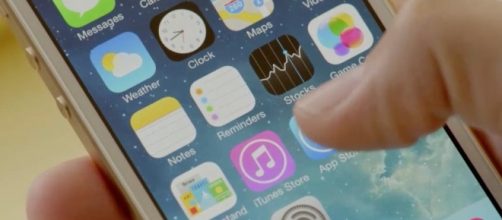Apple's latest software update won't be compatible with Iphone 5 and 5C. This draws from the familiar theme of Apple caring for their customers on a personal level and we saw this starting with the “Breathe” app in the watchOS 3 release. But as with every latest iteration of the iOS, there are some devices that Apple has decided to no longer support. Meaning that these devices will no longer receive software or security updates.
All but one in the “5” name scheme in the iPhone department is going to receive the upgrade, and that is the iPhone 5S.
However, with this update, Apple has also decided not to support older apps. This also includes apps that are already on your device.
Detailed info about this update.
The reason behind ending support for their old devices, as is usual, as well as the apps, is due to the decision made by Apple to discontinue support for apps utilizing 32-bit processors. It becomes clear why the iPhone 5S is unaffected and the others are left behind because 5S is among those devices that contain a 64-bit processor.
Apple made the switch to 64-bit processors back in 2013, which is the same time when they introduced the iPad Air and the iPhone 5S. This update is not only limited to pre-existing apps but with the new App Store redesign, apps using the 32-bit architecture will no longer be visible on search and will even be removed from the ‘Purchased’ tab.
Why make the switch?
Simply put, a 32-bit processor can only handle a comparatively small amount of data at a time, which means it is limited to a maximum of 3 to 4 GB of RAM.On the hand, a 64-bit processor can handle up to 16.8 Exabytes or 16.8 million Terabytes of RAM. To put that into perspective, that's four billion times the data a 32-bit processor is capable of handling.
If you're reading about this for the first time, this may come as a surprise to you but Apple has been warning about this switch for a while. Ernest Doku, while speaking to the BBC, informed that most apps should still be compatible unless they have not been updated since 2015.
Even after the iOS 10.1 update back in October last year, users who opened a 32-bit app on their device got a warning informing them that the app might slow down their device.
Later in iOS 10.3, Apple included a tool that detected apps that could not run in the 64-bit mode.
Apple is also going to be ending 32-bit support for the Mac, they told developers at WWDC. They also said that the Mac OS High Sierra will be the last to have the 32-bit compatibility.
Starting June 2018, new apps submitted to the Mac App store will be required to have 64-bit support.


